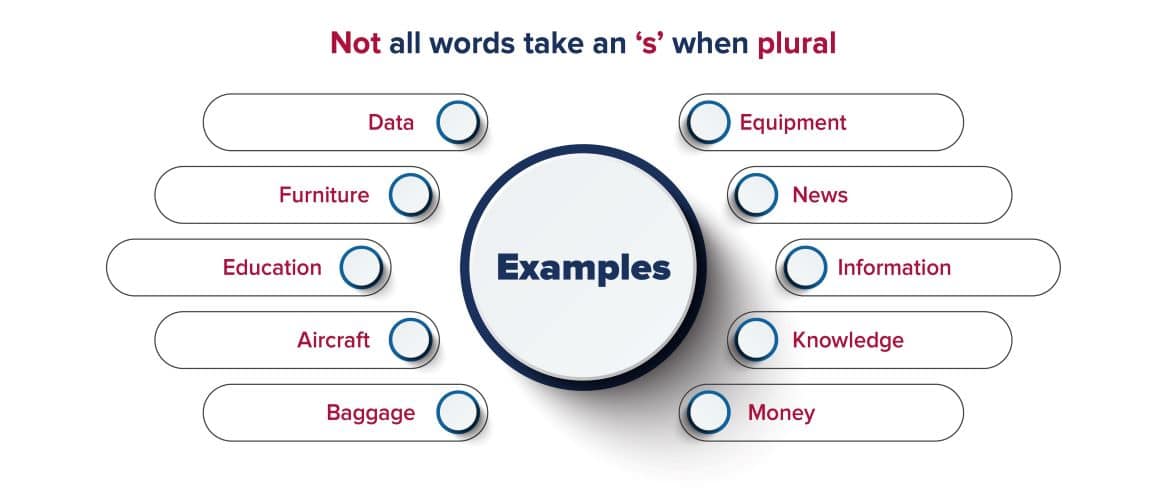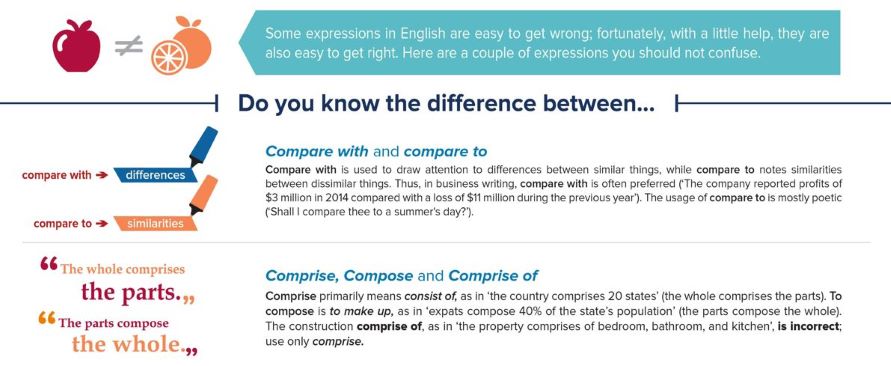At Inkorporated, we believe in striving for perfection. Having worked with clients across the globe, we understand that every company has unique preferences, which is why we take a highly customized approach to ensure that all deliverables are tailored to meet our client’s specific needs and requirements. With 100+ years of combined experience in domains as diverse as print media, e-learning, linguistics, economics, finance and others, we have the knowledge and expertise to deliver outstanding content that captures the essence of your brand and resonates with your audience. The processes and competencies we have developed over the years have helped our clients deliver exceptional results, saving both time and money.
No wonder Inkorporated is a trusted partner to companies across the globe, including investment banks, brokerages, startups, publishing houses, and academic institutions. Join the ranks of satisfied clients who have benefited from our services for nearly two decades. Choose Inkorporated for all your communication needs.










